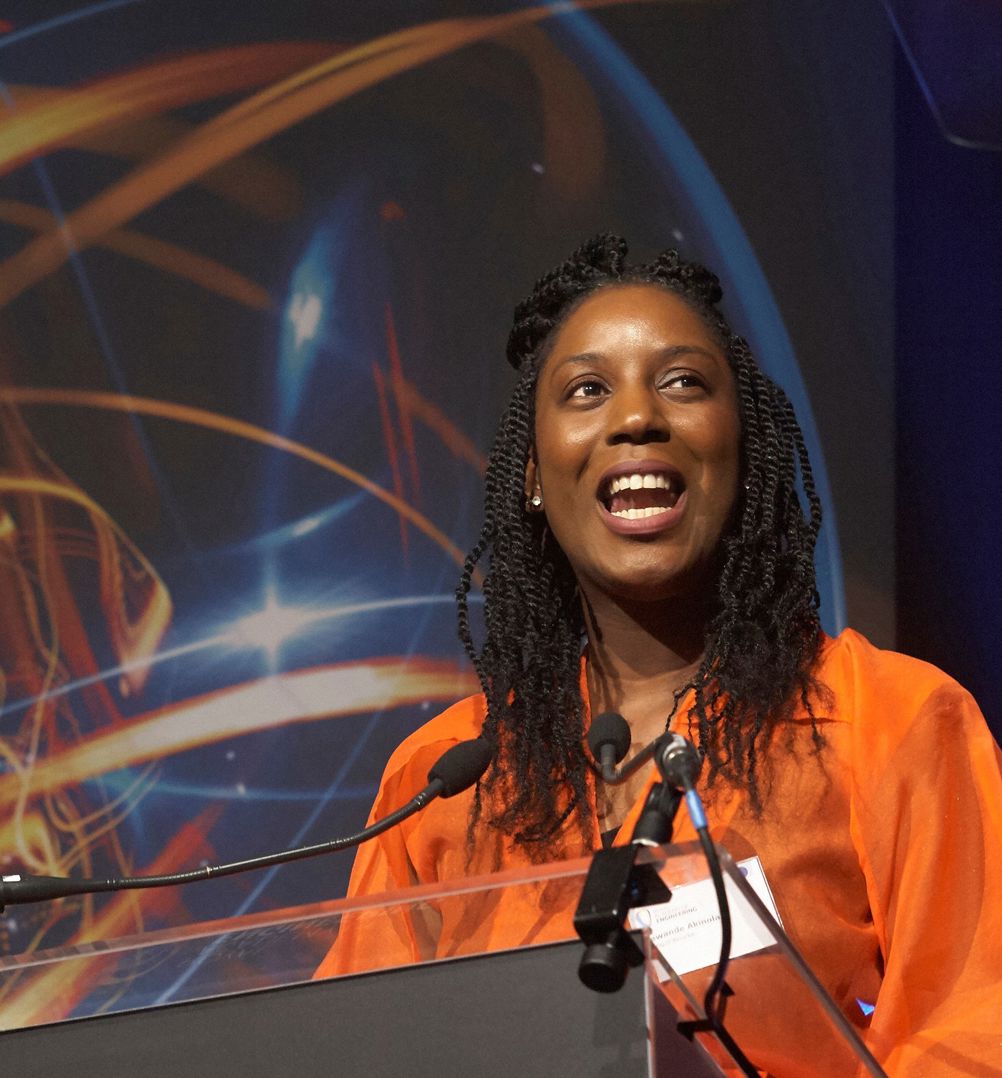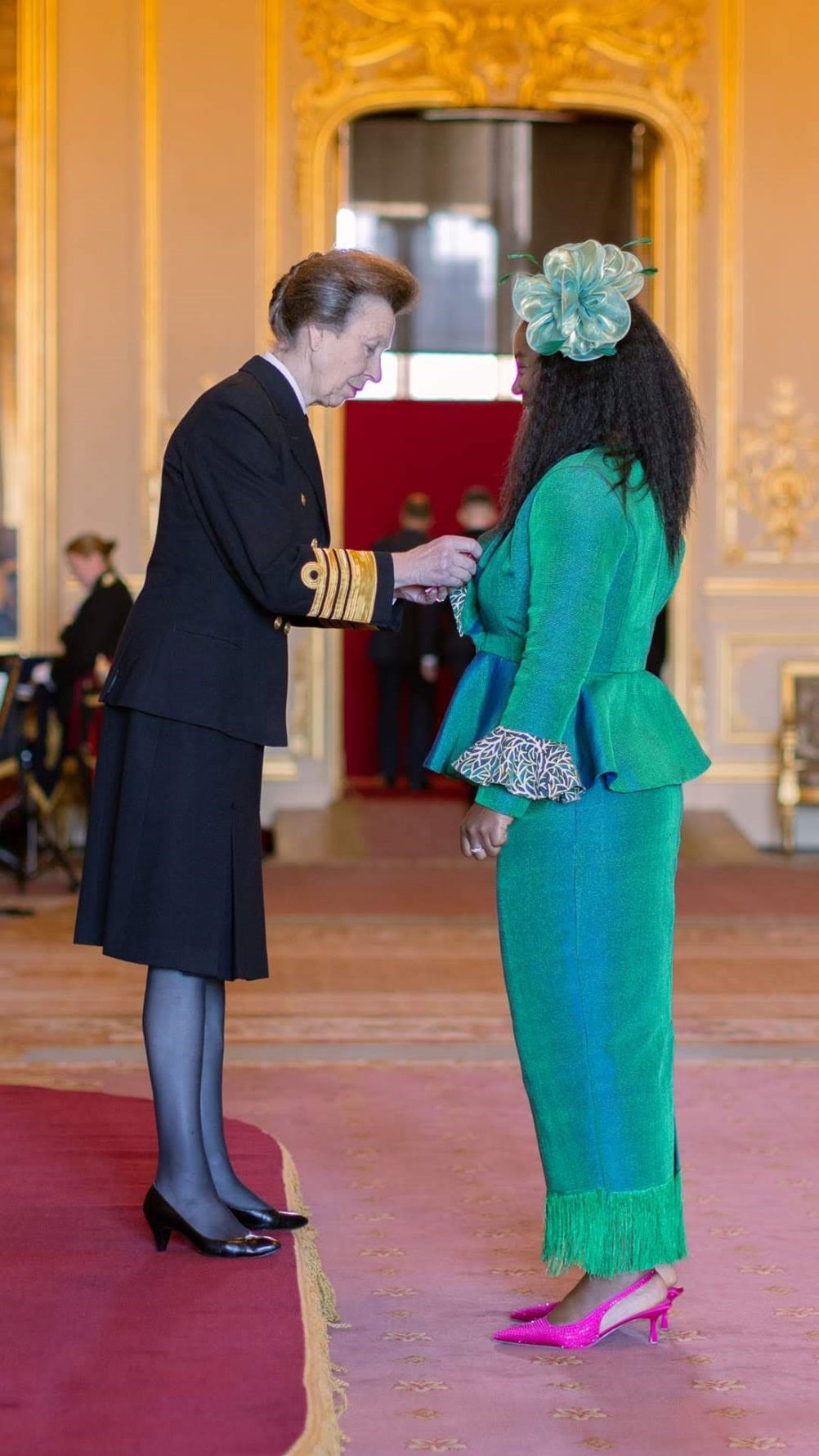Engineering is the backbone of our society in many ways, from ensuring the safety of our infrastructure to developing the technology that underpins our everyday lives.
Whilst engineers of all kinds should be championed – and indeed this is a key remit of The Engineer - perhaps the most unsung of this workforce are those in the minority of it, namely women engineers.
Last year, women made up just 16.5 per cent of the engineering workforce, according to an Engineering UK research report. Though this does not take away from the work nor brilliance of these female engineers, the disparity in the sector undoubtedly creates an extra barrier for them: striving to prove themselves in an industry in which they are so heavily outnumbered.
The Women’s Engineering Society (WES) has been a champion for the sector’s female cohort since its creation in 1919, aiming to promote the avenue of engineering to women and provide them with a space to share their ideas and passions for science and technology.
The WES created International Women in Engineering Day (INWED) in 2014 – first as National Women in Engineering day, which then evolved into an international celebration after it gained UNESCO patronage in 2016 – to recognise the work female engineers do in breaking down the gendered barriers in the field.
For this year’s INWED (June 23, 2024), the WES set the theme as ‘enhanced by engineering’ to specifically focus on the amazing work that women engineers around the world are doing to support lives and livelihoods every day.
One engineer who embodies this theme is Yewande Akinola, an award-winning engineer who has worked all over the world on projects largely focused on sustainability and innovative design. Akinola was born and raised in Ibadan, Nigeria, and recalls that she had an interest in the built environment from an early age.
“I started off wanting to become an architect,” she told The Engineer. “I was super interested in buildings, how they looked on the outside. I would spend hours as a child building models of homes that I thought would be better living spaces for my mother, myself and my sister.
“Just before I started to apply for universities, my mother suggested engineering instead. She recognised that I was interested in the inner working of buildings more than their exteriors, and probably thought that with engineering, I would be able to express and experience creativity in lots of different ways.”

It was this encouragement that led Akinola to Warwick University, where she studied Engineering Design and Appropriate Technology, before gaining her Masters in Innovation and Design for Sustainability at Cranfield University while in industry.
“I was really attracted to an engineering degree that had a bias towards emerging economies and all about manufacturing using local resources. It taught me how to put people at the heart of whatever solution I was coming up with,” she said.
“I didn’t know at the time that it was setting me up for a career in sustainability in lots of different countries! My year in industry with Thames Water was pivotal in cementing my appreciation for practical engineering and the role it has in influencing our day to day.”
Akinola said that, during this year, she was guided and supported by senior engineers who showed her the workings of our water systems, with plant site visits to hands-on design. This support continued in her post-graduate role as a Design Engineer developing water supplies and water management systems at Arup, and as a Principal Engineer and Innovation Lead at Laing O’Rourke.
Despite this support throughout her career, though, Akinola emphasised that she has still faced many incidents of gender bias – unconscious or not.
“On paper, someone’s gender should not be barrier, it shouldn’t stop anyone from being the best version of themselves, in any profession. But the barrier comes in when there is a perception challenge,” she said.
“There can be hesitancy and resistance when you don’t match a particular person’s idea of what an engineer looks like. There have been times when I’ve arrived to site, and people think I’m there to take notes! People are often surprised at what I’m able to do because they don’t expect it to come from a black women engineer, for example.
“In my view, we can turn all of these challenges into strengths – if people don’t see me coming because they don’t expect it from me, then I’ll use that to my advantage.”
Akinola also said that her own experiences of fighting against this bias have shaped her commitment to strengthening the core of the industry, through encouraging all young people to consider engineering as a career, and by promoting diversity.
Championing the idea that institutional change can be achieved through education, from the ground-up, Akinola has worked on multiple campaigns that show young people that engineers do not look just one way.

She has worked alongside the Royal Academy of Engineering for their ‘Designed to Inspire’ campaign and was featured in the Institution of Engineering and Technology (IET) campaign ‘Portrait of an Engineer’, which aimed to dispel traditional perceptions of the job and instead highlight the diverse career opportunities available across industry.
Now, as a consulting engineer, vice president for the IET, television presenter and Innovate UK Ambassador for clean growth and infrastructure – to name a few – Akinola continues this commitment to bettering the engineering field.
And not without rightful recognition: in the 2020 New Year Honours list, she was awarded an MBE for her services to engineering innovation and diversity in STEM. Other accolades include the IET’s Young Woman Engineer of the Year Award and a Top 50 Workplace leader in the UK.
In July of this year, Akinola is hosting her own three-day industry conference called The Ripple Effect (Women in Engineering and Technology), which will provide a space for women engineers and allies in the sector to take part in innovation workshops, network with one another and hear from industry experts and thought leaders on topics such as how to evolve the industry for progress.
“As part of the programme I’ve curated, so many women have shared that they don’t feel supported by their companies,” said Akinola. “It’s so heartbreaking. Women engineers should be treated the same as their male colleagues in terms of investment and training opportunities.
“A lot of organisations talk about what they would like to do for their female employees, but I would say to them: put your money where your mouth is. Employers need to invest in women, but also tackle any gender bias by providing training programmes across the board.”
And as for her advice for any young person that is considering the profession of engineering, Akinola said: “Get involved with the amazing programmes that are out there, find a role model and somebody you can ask questions to, find an organisation that you can go on a journey with.
“If you are keen to bring a tangible impact to our world, then engineering is the profession for you – no matter who you are or what you look like.”
Visit our jobs site https://jobs.theengineer.co.uk/ to find out about some of the latest career opportunities at industry's biggest employers











Guest blog: exploring opportunities for hydrogen combustion engines
"We wouldn't need to pillage the environment for the rare metals for batteries, magnets, or catalisers". Batteries don't use rare...